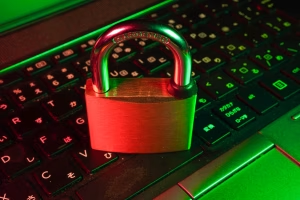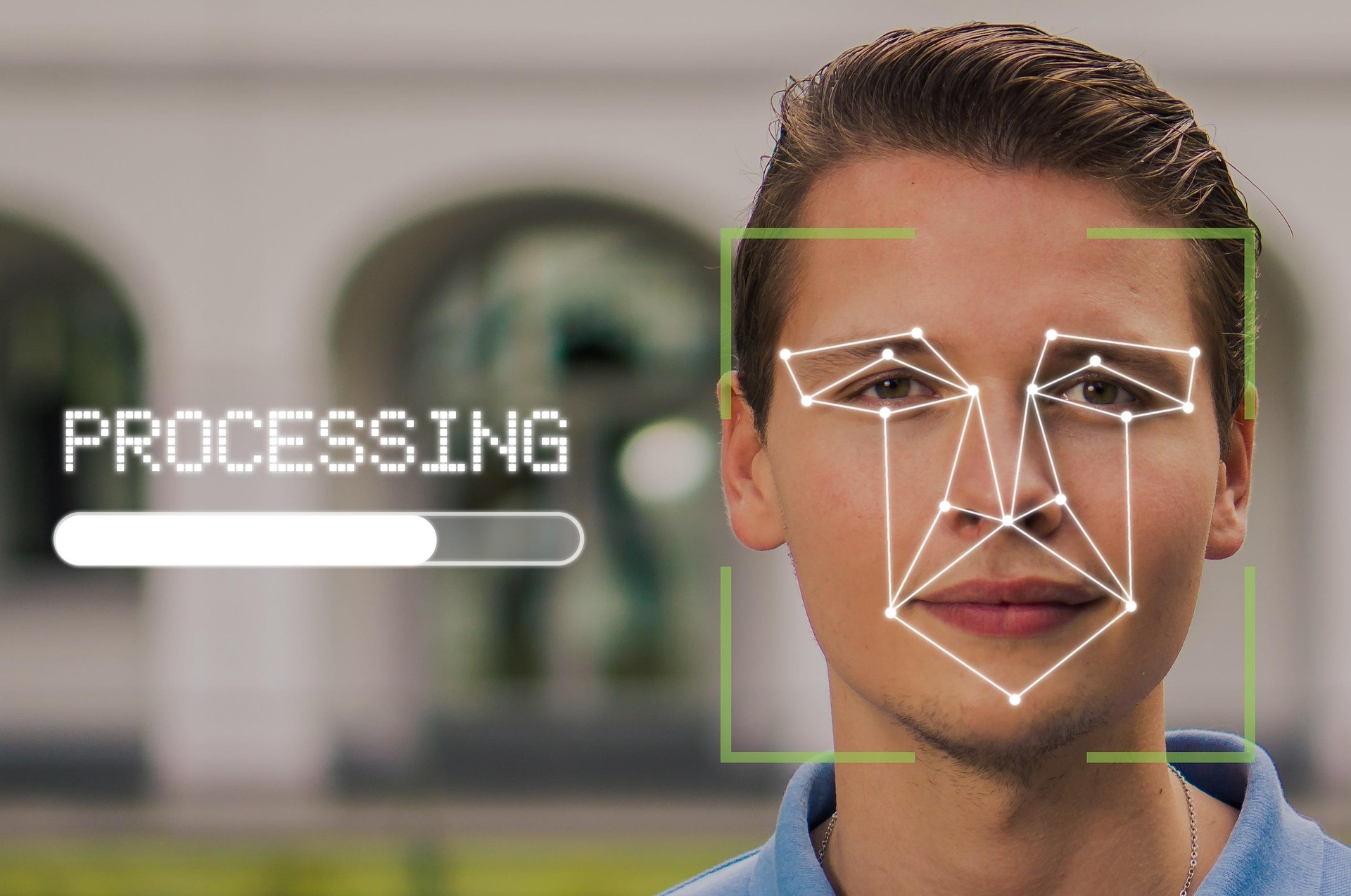Online privacy is something that everyone is thinking about these days. With so much of our lives happening online, from work and banking to personal messages and streaming habits, protecting that activity has become more important than ever. That’s why many people turn to Virtual Private Networks (VPNs). They’re designed to hide your online identity, secure your internet connection, and help you browse more privately.
But as VPNs become more common, so do questions about how effective they really are. Can a VPN be tracked? Can someone still see what you’re doing online even if you’re using one? And what does “being tracked” even mean when you’re connected through a VPN?
In this article, we’ll break it down step by step. You’ll learn what a VPN can and can’t protect you from, how tracking actually works, and what you can do to make sure your VPN is truly helping to protect your privacy.

Can a VPN Be Tracked?
Understanding VPN Basics
To understand whether a VPN can be tracked, it helps to first understand what a VPN actually does.
A Virtual Private Network works by creating a secure, encrypted tunnel between your device and the internet. It hides your real IP address and replaces it with the IP address of the VPN server you’re connected to.
It also scrambles your data so that outsiders, like hackers, your internet service provider, or people using the same public Wi-Fi, can’t see what you’re doing online. In short, a VPN hides both your identity and your activity.
So Can a VPN Be Tracked?
Generally speaking, no. A VPN that’s working properly makes it very difficult for anyone to track your online activity back to you. Your ISP can see that you’re connected to a VPN server, but not what websites you’re visiting or what data you’re sending and receiving. Websites you visit will see the VPN server’s IP address, not your own.
That said, not all VPNs are created equal. Some lower-quality VPNs might leak information through DNS requests, keep logs of your browsing activity, or use outdated encryption methods that can leave you exposed. In these cases, tracking becomes more possible not because VPNs don’t work, but because the VPN itself isn’t doing its job well.
So while a good VPN can’t be tracked in the way many people fear, the quality of the VPN and how you use it both matter a lot.
Can You Be Tracked with a VPN?
How VPNs Protect Your Privacy
When you use a VPN, your internet traffic is encrypted, which means it’s scrambled into unreadable data that only your VPN server and the destination website can decode.
To anyone else, including your internet provider, government agencies, or hackers on public Wi-Fi, your activity looks like a wall of random code. They can’t see the websites you’re visiting, the content you’re viewing, or the data you’re sending and receiving.
Additionally, because a VPN masks your real IP address and assigns you a new one from their server, websites and online services can’t easily identify or locate you based on your internet connection. This helps prevent targeted advertising, location tracking, and surveillance based on your browsing habits.
Ways Tracking Can Still Happen
While VPNs offer strong protection, some tracking can still occur, usually due to user behavior rather than VPN failure.
If a VPN provider keeps connection logs, your activity could potentially be traced. Misconfigured VPNs may also leak your real IP or DNS information. Browser cookies, fingerprinting, and logging into personal accounts like Google or Facebook can expose your identity even when connected to a VPN.
Overall, a VPN greatly improves privacy, but combining it with smart browsing habits like using private modes and clearing cookies is essential for maintaining true online anonymity.
How to Track Someone Using a VPN
Is It Possible to Track Someone Using a VPN?
One of the biggest reasons people use VPNs is to prevent anyone from tracking their online activities. And in most cases, a VPN does exactly that. If the VPN is high-quality, uses strong encryption, and has a strict no-logs policy, tracking an individual user becomes extremely difficult, if not impossible.
However, there are still ways that someone can be tracked through a VPN.
Methods Used by Authorities or Hackers
While it’s rare, there are some situations where tracking through a VPN might still happen, but usually with significant effort and often involving factors outside the VPN itself.
- Requesting data from the VPN provider: If a VPN keeps logs of user activity, authorities could request those records through legal channels. However, truly no-log VPNs have no data to hand over.
- Compromising DNS requests: If DNS leaks occur, your internet requests could bypass the VPN tunnel, exposing your browsing activity to observers. Good VPNs have DNS leak protection built-in to prevent this.
- Device malware: If a hacker installs malware on your device, they could monitor your activities directly, bypassing the VPN entirely. VPNs protect your connection but can’t stop threats already inside your device.
In short, most successful tracking efforts don’t break the VPN itself. Instead, they work around it through weaknesses in the user’s device, apps, or the VPN provider’s policies.
Why Most Users Don’t Need to Worry
For the vast majority of people, using a trusted VPN is more than enough to prevent tracking. Serious tracking efforts usually target high-profile cases or involve specific legal investigations.
For everyday users who simply want private browsing, secure remote work, or safe streaming, a strong VPN dramatically reduces the risk of being tracked online. Choosing a reputable VPN with strong encryption, a verified no-logs policy, and robust leak protection is key to staying secure.
Can You Still Be Tracked with a VPN?
Common Mistakes That Lead to Tracking
Even with a VPN, it’s still possible to leave digital footprints if you’re not careful. Certain mistakes can expose you to tracking even if your VPN is working perfectly:
- Using a free or low-quality VPN: Some free VPN services make money by logging and selling user data. Poor-quality VPNs may also have weak encryption or frequent IP leaks.
- Staying logged into personal accounts: If you’re logged into personal accounts browsing, companies can still track your activity across websites regardless of your VPN connection.
- Allowing cookies and trackers: Many websites use cookies and trackers that build a profile based on your browsing habits. A VPN doesn’t block cookies unless it’s combined with other privacy tools like browser extensions or ad blockers.
VPNs provide critical protection for your internet traffic, but protecting your full online identity requires careful browsing habits too.
Can VPNs Be Traced?
What VPN Tracing Actually Means
When people ask if a VPN can be traced, they’re usually wondering if someone can figure out what they’re doing online, even with a VPN running. The truth is that a VPN makes tracing your activity extremely difficult, but not completely impossible under all circumstances.
If someone were trying to trace your activity, the most they would typically see is that you’re connected to a VPN server. They wouldn’t see the websites you visit, the files you download, or any private information you’re transmitting. The important thing to remember is that with a reputable, no-logs VPN, tracing your activity becomes virtually impossible.
When Using VPN, Can I Be Tracked?
Factors That Impact Whether You Can Be Tracked
Even with a VPN active, whether or not you can still be tracked largely depends on two main things: the quality of the VPN service and your own online habits. A well-configured, trustworthy VPN can hide your IP address, encrypt your internet traffic, and prevent most forms of basic surveillance.
However, no VPN can protect you if personal behavior undermines your privacy! In other words, while a VPN does a lot to protect your anonymity, complete privacy also requires vigilance on your part. By combining strong tools with smart practices, you’ll make it extremely difficult for anyone to track or trace your online activities.
Protect Your Online Privacy Today
Using a VPN is one of the most effective ways to protect your online activity, secure your personal information, and maintain your privacy. While no tool is completely invincible, a reliable VPN dramatically reduces the risk of tracking, tracing, and data exposure when combined with smart browsing habits.
Understanding how VPNs work and how tracking attempts can still happen empowers you to take control of your digital security. By choosing a trusted, no-logs VPN provider and following best practices, you can browse, work, and stream with confidence, knowing your online activities are shielded from prying eyes.
If you’re looking for a simple, powerful way to enhance your internet privacy, VPN Pro offers the perfect solution. With blazing speeds, unlimited bandwidth, strong encryption, and a strict no-logs policy, VPN Pro helps you stay secure and private wherever you go.




